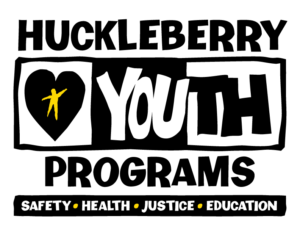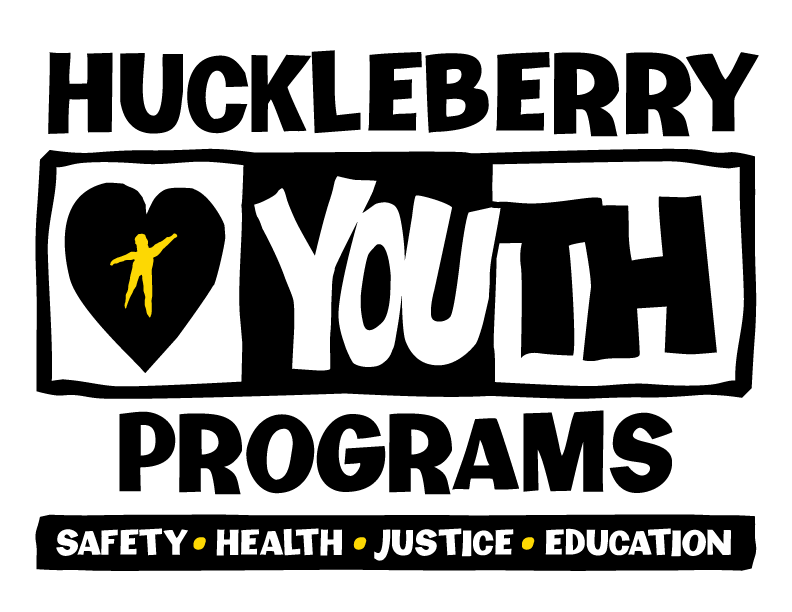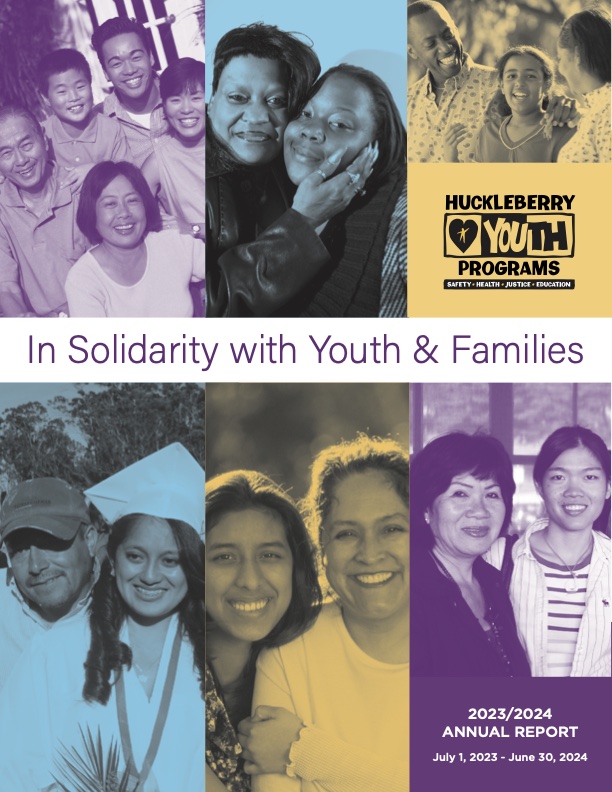This year, Huckleberry created a comprehensive Theory of Change through impactful community conversations that showcased what authentic partnership looks like, especially during these critical times. The work is grounded in the social determinants of health across three key areas—health care access and quality, social community, and neighborhood—serving as both a guiding star and a blueprint for our work ahead.
Human-Centered Approach
We hosted two events in San Francisco and Marin that brought together community partners, funders, staff, Board members, and, most importantly, young people for strategic discussions on advancing our new Theory of Change.
The panels focused on deepening our impact while navigating current social and political realities. These conversations underscored a commitment to community-led solutions, ensuring that young people’s voices are central to discussions about organizational strategy, partnership building, and collective action for social justice.
Our San Francisco gathering took place at the Presidio in a beautiful space generously provided by Futures Without Violence. The panel included Chris Ballard (Executive Director, Coleman Advocates), Tionne (HYP program participant), and Yisroel Quint (Program Officer, Pacific Foundation Services).
In Marin, we partnered with the Marin Community Foundation (MCF), including its Senior Program Director, Shirin Vakharia; Yazuara (HYP program participant); and Judy Schwerin (Wellness Coordinator, San Rafael High School).
Youth Lead Priorities
During our engaging dialogue, young people like Tionne and Yazuara shared what makes our programs truly effective: being seen “with real eyes,” without judgment; having safe spaces; engaging in discussions rather than lectures; and connecting with trusted adults who understand their struggles. As Chris Ballard noted, “It’s an honor that young people are willing to open up to you,” highlighting the trust that lies at the heart of our work.
Community Driven Impact
Community partners emphasized that collaboration, not competition, creates the fastest path to real impact. Philanthropic allies reinforced the importance of trust-based relationships, recognizing that nearly 60 years of community expertise means “organizations know what they’re doing.” It’s true—our organization has deep knowledge and community credibility thanks to the dedicated, skilled people who are committed to our core values and mission.
At Huckleberry, we value a youth-centered approach, trauma-informed care, social justice, program accessibility, and service innovation. Our work continues because the need continues, more urgently than ever. We are grateful for the strong foundation and legacy we’ve inherited and look forward to building on sixty years of community impact while adapting and responding to meet the current moment.



